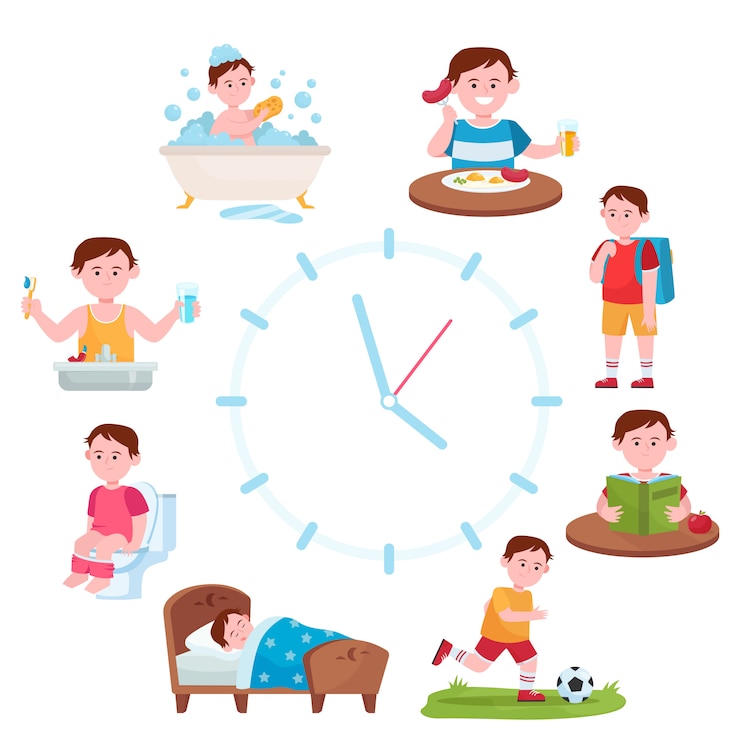
**Inside: Learn why your child might not be listening and discover ways to improve their attentiveness, all grounded in child development principles.**
**Table of Contents**
If you often ask yourself, “How can I get my child to listen?” then you’re actually doing great! Why? You’ve helped nurture a real human being, not a robot.
Some days, it might seem easier if you could just program your child to follow your every instruction. However, we know that being human is much more complex than that, full of reasons for each behavior.
Often, your child’s actions are trying to tell you something. Surprised? Many parents overlook these signals because the frustration of not being listened to can make them focus more on their own feelings and thoughts rather than those of their child.
When you get caught up in stress and control, getting your child to listen can feel like a constant battle. So, what’s the key to getting your child to listen more consistently and willingly?
Stop seeing their behavior as a personal slight and try to understand what it’s communicating. You might find that behind what seems like a refusal to listen are natural human needs or skills that still need development.
Instead of seeing your child’s lack of listening as disrespect, consider why they might find it difficult at that moment.
**Questions to Consider**
Communication with your child goes beyond just words. Your tone of voice, body language, and overall energy can impact how your message is received. Ask yourself: Am I feeling rushed, stressed, or annoyed?
If you’re trying to control your child to ease your own anxiety, remember that kids can pick up on this and feel overwhelmed. Effective communication requires calmness and understanding to inspire cooperation, not resistance.
Here’s an important point: often when a child misbehaves, it’s because something is bothering them internally. The ‘defiant’ child refusing to get in the car might be worried about going to the dentist or seeing an unfriendly peer at the park.
Dr. Stuart Shanker wisely noted that recognizing your child’s stress can significantly reduce your own. Sometimes, kids struggle with listening due to basic brain development needs. Their brains, particularly the frontal cortex, need to be functioning well to listen effectively.
If you’ve ever forgotten things when tired or hungry, you understand how a compromised brain affects behavior. Children, whose brains are rapidly developing, face even greater challenges when hungry, thirsty, or tired.
**Related Reads:**
* **10 Simple Ways to Improve Your Child’s Behavior and Mood**
Humans, regardless of age, have basic needs, with control and autonomy topping the list. Children, especially those who are strong-willed, need a sense of control over their lives. If a child feels overly controlled, they might resist, even if it’s just over wearing winter boots.
Some kids naturally struggle with listening and transitioning because of developmental stages or brain wiring. Kids with difficulties in areas like auditory processing or focus need more support.
Help your child by giving clear instructions and offering help when needed. Think of the parent-child connection as the foundation of a house. A strong emotional bond is key to getting your child to listen without relying on fear or negativity.
Let your child feel seen, heard, and valued to boost their intrinsic motivation. Like adults, kids are motivated to cooperate more when they feel respected and loved.
Imagine you’re deeply engrossed in a book, and your partner suddenly insists you go to the store. You wouldn’t appreciate that unexpected interruption. Similarly, kids need a respectful approach.
So, how can you foster good listening?
Prepare your child for transitions by communicating expectations in advance and explaining the reasons behind actions. This clarity helps them understand the purpose of their tasks.
To improve listening, start by asking, “What’s going on with my child right now?” Step out of your own mindset, address the real issues, and shift away from criticism. Positive parenting can inspire your child to listen.
Every frustrating behavior, like not listening, stems from a human need or an underdeveloped skill. Instead of dwelling on “why me?”, ask “why them?”
Subscribe for insights and strategies on gentle discipline to help your child manage emotions and improve listening skills.
**Additional Articles You May Enjoy:**
* **75 Effective Calm-Down Strategies for Kids**
* **10 Anxiety Symptoms in Children Parents Often Miss**
* **Helping an Angry Child: 10 Possible Reasons**
* **Raising an Emotionally Intelligent Child for Lifelong Success**
* **Helping a Child Manage Anger Now and in the Future**



